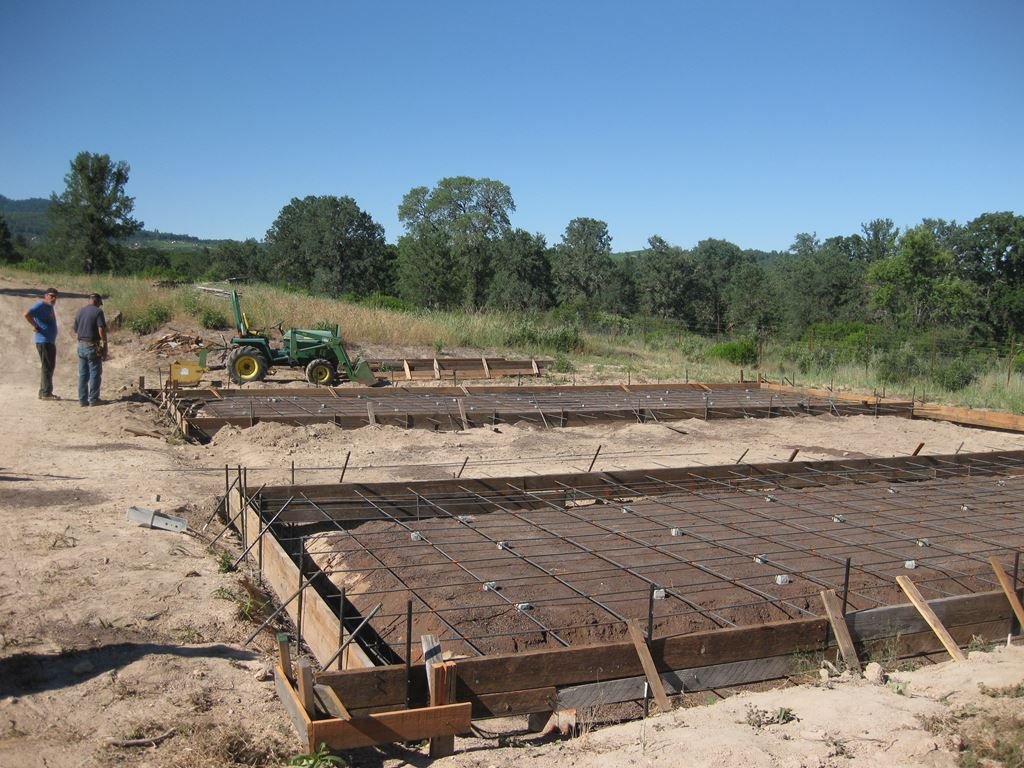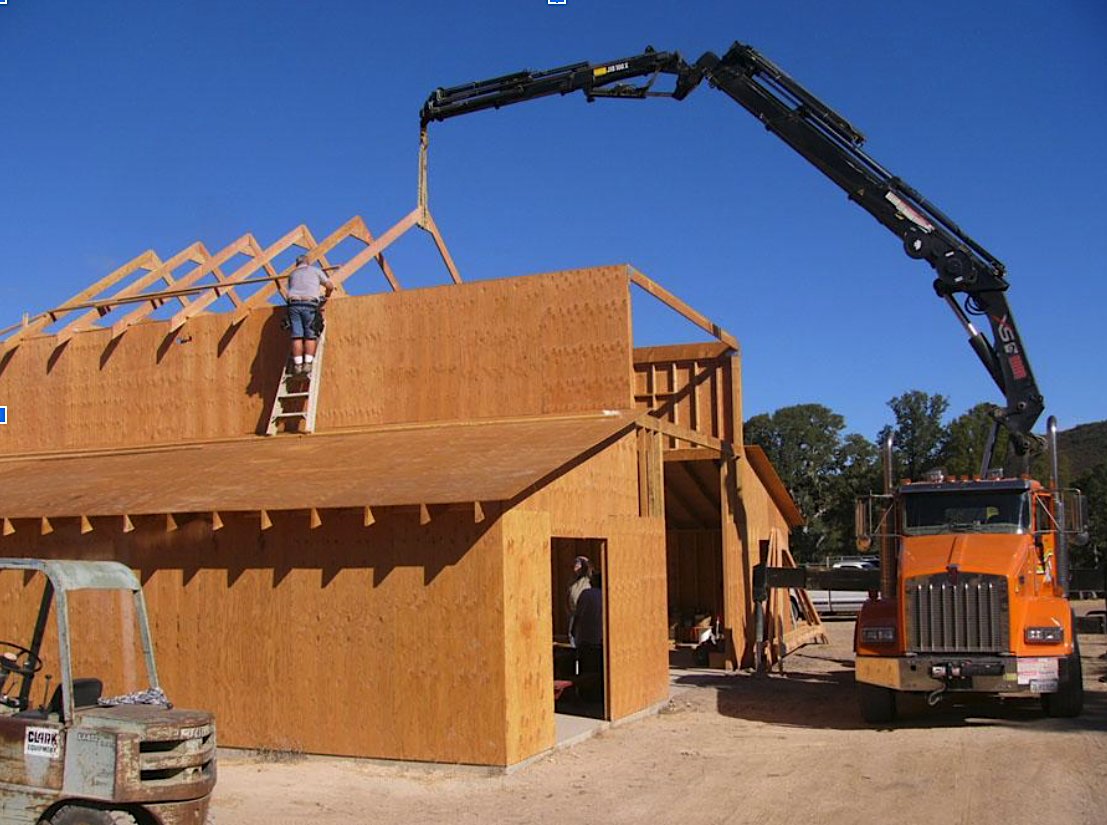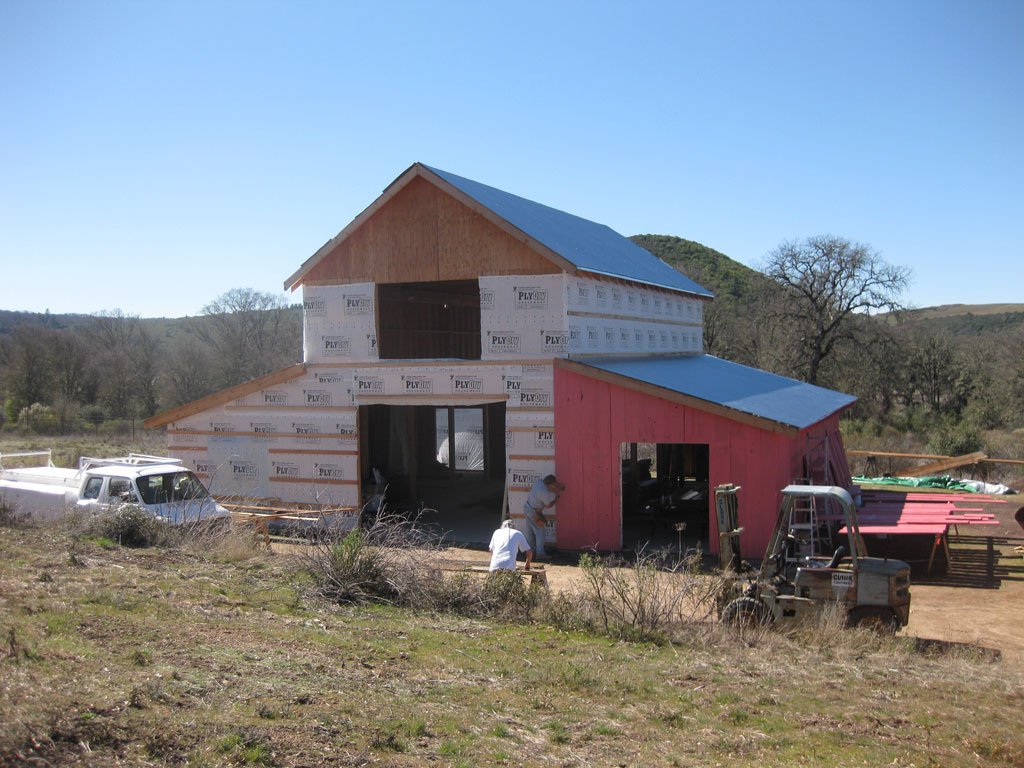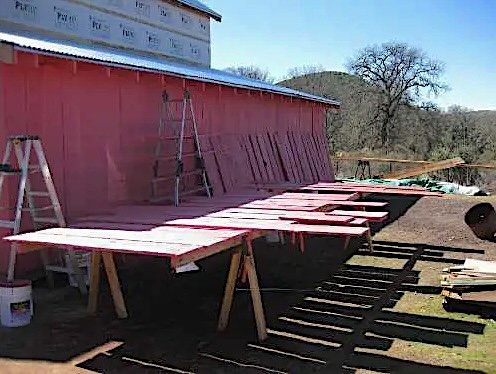
History of the Lake County Historical Society
The earliest origins of the Lake County Historical Society are lost in the mists of the past — for now. It is believed, however, that the organization was founded some time during the 1930s before being disbanded at the outset of World War II for the duration of that conflict. The first meeting after the war for which there are minutes was held on January 10, 1946, in Bachelor Valley. It was noted in the surviving minutes that no by-laws for the Society existed, so a committee was formed to do so and to schedule the election of officers for October of 1946. Guido DeGitalete was elected as the re-constituted group’s first President. Interestingly, the stated purpose for commencing with the organization was to take advantage of Bachelor Valley’s schoolhouse, which was then standing empty, as a meeting place!
The Lake County Historical Society became a county organization on August 9, 1955, mainly through the efforts of Madora Davidson Johnson. In August of 1963 the Society formally acquired its current non-profit, tax-exempt status under Section 501(c)(3) of the United States Internal Revenue Code.
For 48 years, the society served the community as an organization for people interested in Lake County history. People could join as members and socialize while bringing history to the public. The society held annual membership and public meetings, picnics, displays at the County Fair, information tables at town parades and gatherings, and historic lectures. Special projects included placing monuments at historically significant locations throughout the county, publishing a quarterly newsletter, obtaining and displaying historic artifacts and materials at the County Fair Grounds, and documenting the oral history of local elders. The Society took supporting positions whenever the opportunity came up to preserve or interpret part of Lake County's past.
The purpose of the Lake County Historical Society expanded in the second decade of the twenty-first century with responsibility for a new project, the Ely Stage Stop and Country Museum. The Ely Stage Stop building has had several incarnations over the years dating back to about 1864 or 1865. It has served as a public house, stagecoach stop, hotel, post office, school for wayward boys, general store, and even as a gas station, before taking on its current role as a historical preservation center. Future archeological research may help us pinpoint the precise date of its origin.
On July 24, 2011, the Ely Stage Stop and Country Museum was opened to the public for the first time by the Lake County Historical Society and Lake County. It is located at 9921 Highway 281 (Soda Bay Road) between Kelseyville and Lower Lake. This collaborative project is owned by the County of Lake and is operated by the Lake County Historical Society. The project was made possible through a donation of the historic building and the five-acre parcel upon which it rests by Andy and Betty Beckstoffer of Beckstoffer Vineyards and an additional donation from the Kettenhofen Family Foundation, a charitable foundation established and funded by the estate of Ernest and Polly Kettenhofen who owned the S-Bar-S Ranch from approximately 1960 to 2000.
The Ely Stage Stop & Country Museum historic building, considered to be one of the oldest “stick built” buildings in Lake County, was moved from its prior location on Highway 29 in 2007. After the move, Lake County’s Public Service Department took on the task of installing the building on the site, bringing in utilities, restoring the inside and constructing the entrance, driveway, and parking area. Since then much progress has been made in transforming the property into the vision under which the original project was conceived. Much research, creativity and effort was required to restore the main house into the showcase it has become today, from wallpaper selections to construction of the beautiful wrap-around porch. What resulted is a beautiful museum with ever-changing displays for the public to enjoy. The house has been used for a variety of fund-raising events such as the Farm-to-Table Dinner in 2012, the June Picnics on the Porch in 2013, 2014 and 2016, the Whiskey In America tasting in 2014, and History on the Porch presentations with long-time Lake County residents recounting their personal experiences either growing up or living in Lake County.
Excitement really grew as the first barn construction got under way. The completed structure has afforded a refuge for our stagecoach, various wagons, and other equipment needing protection from the elements. Gracing the barn is our Carpenter’s Star quilt block, donated anonymously through the Lake County Quilt Trail Project. The block was temporarily mounted on the wrap-around-porch, but it now has a permanent home on the barn. The carpenter theme highlights the many hours of manual labor volunteers have donated to make this first barn possible.
The barn has become a popular event venue. The Stage Stop partners with the Northern California Old Time Fiddlers Association on the first Sunday of each month for Fiddlers’ Jam Sessions. Lake County has a bounty of talented musicians and the barn has proven to be the perfect venue to celebrate these local musicians and the American music heritage from the Ely Stage Stop Victorian Era. Our community has passionately embraced this cultural opportunity.
A historic 1890‘s cable car and “Wiley” signal light reside at the Ely Stage Stop & Country Museum for the public’s enjoyment. Sturdy picnic tables afford picnicking on the grounds in fair weather. When you drive by 9921 State Hwy 281 (better known as Soda Bay Road) you will know exactly where to find the Ely Stage Stop & Country Museum. The long awaited signage was erected in May of 2014. Bearing the striking Ely logo, the sign greets visitors and lures passers-by regardless of which direction they are traveling.
One of the recently completed projects is the volunteer-built working blacksmith shop, serving as another interpretive and living history exhibit, with demonstrations during the Fiddler’s Jam Sundays.
More history is after the image gallery.





The Gibson Museum and Cultural Center was in flux In the Spring of 2013, as Middletown’s Gibson Library prepared to move into its handsome new quarters in the new Community Center across the street. Local residents became concerned about future usage of the small building that was the library. Middletown residents knew that years before, Martha Webster, founder of the Middletown Historical Society, had “put dibs” on the Gibson Building for use as a museum of local history
In 2014, the Historical Society entered into a Memorandum of Agreement with Lake County to take on and run a second museum in the old Gibson Library building in Middletown. The society lobbied to have this historic building become a museum facility.
At the March meeting of the Middletown Luncheon Club, a questionnaire returned equal votes for historical museum and for an arts center, thus the project became a museum and cultural center. Fifteen persons volunteered to work on the project. The Gibson group first met in April where Voris Brumfield volunteered to be lead person. On learning that the Middletown Historical Society’s nonprofit status had been allowed to expire, it was agreed that the Gibson group would most efficiently operate as a project of the Lake County Historical Society, thus ensuring immediate nonprofit status, by-laws, and liability coverage
The County of Lake has extended the use of the building rent-free for use as a museum, and will be responsible for maintaining the integrity of the structure. The Gibson group, acting as a committee of the Lake County Historical Society, is responsible for day-to-day maintenance, renovation as a museum, staffing, utilities, and its operation supported solely by donations of time, labor, money and historical artifacts.
The grand opening of the Gibson Museum & Cultural Center celebration was held on May 3, 2014. in March of 2017, after nearly three years operating successfully under the Lake County Historical Society, the Gibson Museum had its ownership transferred to the County Museum System where it was to have experienced museum staff to organize the collections and provide training for its volunteers. After 7 years of running a museum facility, it became apparent that the outdated "membership" structure of the County Historical Society needed to be updated. The daily requirements of the facility, funding, publicity, etc. required an organization that could quickly respond to opportunities and problems. After dealing with years of "growing pains," society members decided to change the organization into a board-run group instead of a membership-run group. The change was made at the membership annual meeting on November 17, 2018.
Much has been accomplished by the group’s volunteers. Numerous digitized photos and considerable historical information has been accepted. Fund-raising efforts continue while a twelve month schedule for displays has been approved. Landscaping was designed and established by the Hidden Valley Lake Garden Club, professional promotional materials designed.

